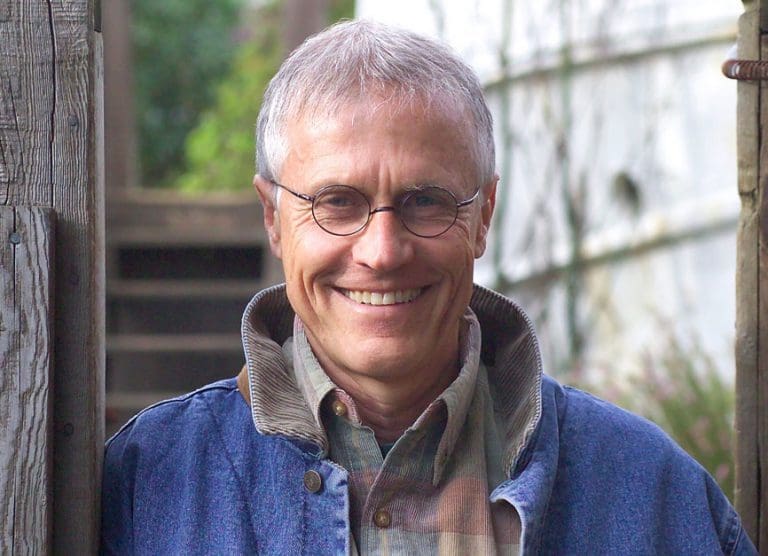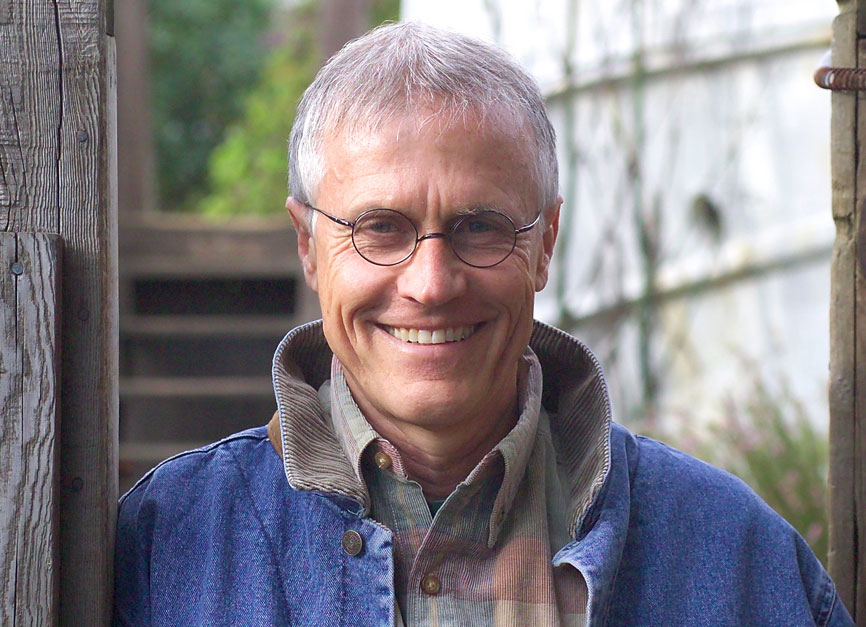
Mara Slade has always been concerned about the environment. She cared about sustainability and even had a couple of Paul Hawken books lying around.
But after immersing herself in an MBA program with a deeply embedded systems sustainability focus, Slade considers herself “totally transformed.”
“I’ve been exposed to so many great thinkers,” she says. “Really, there’s no turning back.”
Slade was in advertising and brand strategy, a career she enjoyed, but that left her feeling unsatisfied.
“I had this sinking feeling that what I was doing wasn’t as aligned with my personal values as I wanted it to be,” she says. “You spend so many hours of your life working. I was feeling the disconnect.”
Slade also thought she could advance her career by learning the language of business — how to read a profit-and-loss statement — she says.
The experience took her on a journey she didn’t expect. When she began her MBA at Presidio Graduate School, Slade projected that she would end up as a sustainability director for a big company.
“It was my ideal,” she says.
The experiential learning component of her studies which included two placements with large companies helped change that.
“I have a better understanding now of what it means to have that sort of a role and I’m questioning. Do I want to be inside and creating change, or effecting change from outside the corporate structure?” she says.
Local food systems and technology are intriguing her now, she adds, pointing to her placement at Method, a company that deeply embeds sustainability into its products. Slade is attracted to the idea that sustainability should not need to be marketed. Market products for what the consumer wants, be it beauty or efficiency and package the sustainability piece deeply into the product and process. Make it a surprise for the consumer, she says.
“Ideally, sustainability should be completely embedded into a brand or product,” she says. “When it’s done well, it’s completely invisible. Method never shouted to its consumers that they used green chemistry in all the products; they just did it.”
“It should just be a given. Whatever I choose to do after June, I’d like to be working with companies to really integrate sustainability at that fundamental level, rather than trying to fix a broken product.”
As Slade looks back on her time at Presidio she sees how it transformed her thinking.
“When you get outside our Presidio bubble, what I’ve been noticing is how deeply knowledgeable we are about sustainability,” she says. “That’s because the learning at Presidio allows us to go deep into issues of sustainability in various sectors, and most of that was through experiential learning opportunities like Method.”

